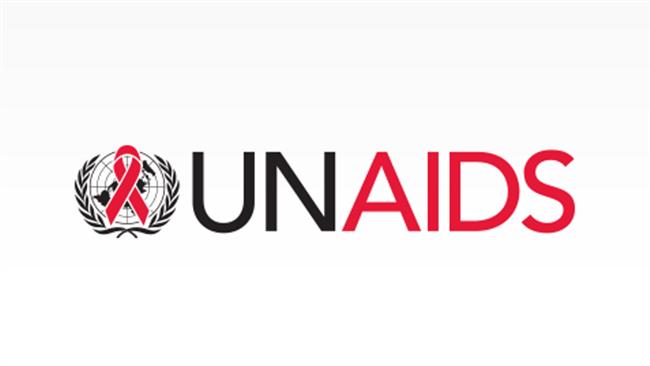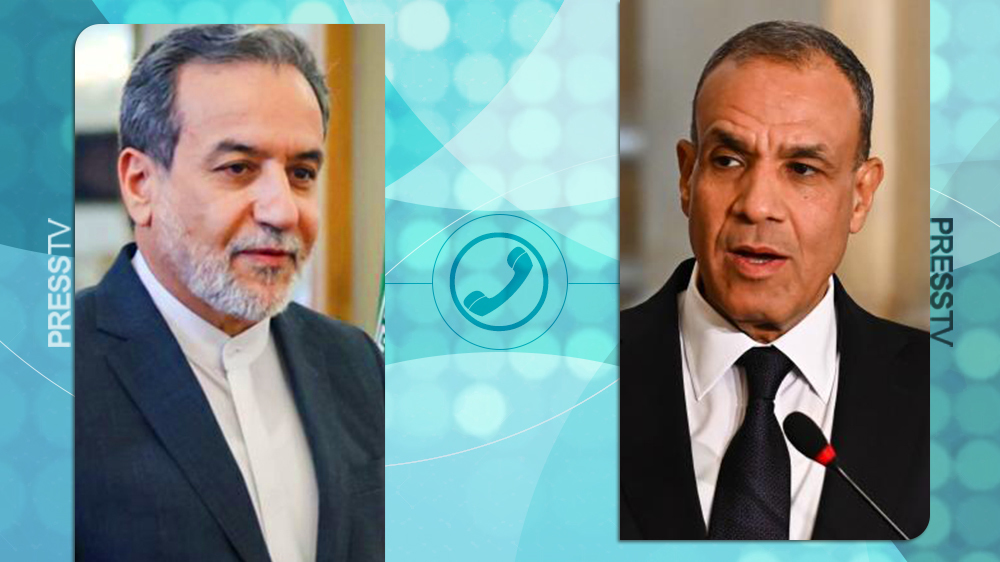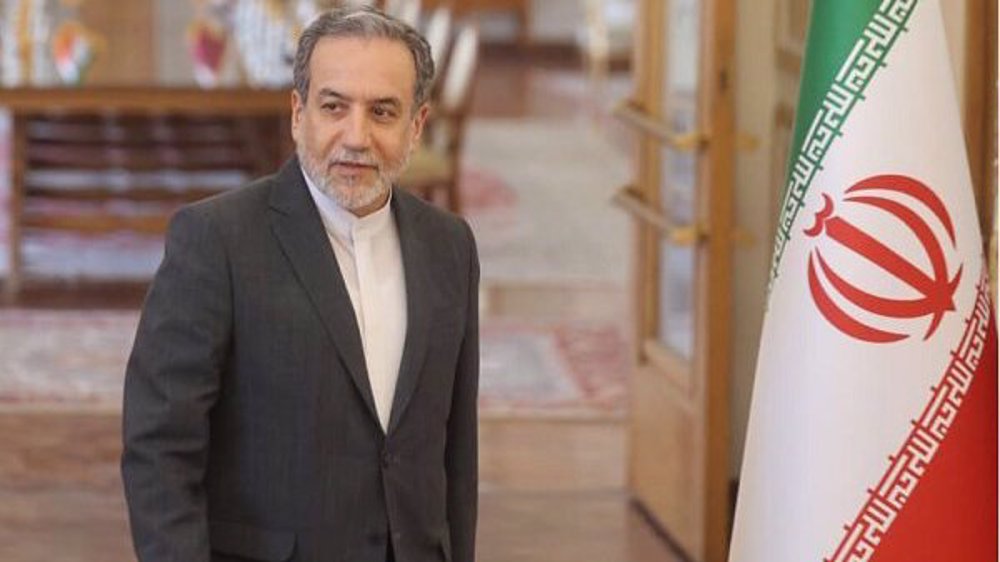UN concerned about spread of HIV in Egypt
The UN is voicing alarm over the spread of HIV in Egypt, where the number of new cases is growing by up to 40 percent a year, and where efforts to combat the epidemic are hampered by social stigma and a lack of funding to address the crisis.
The virus that causes AIDS, UN officials say, is infecting more young and adolescent people than any other age group.
In Egypt, patients are often jailed on trumped up charges and ostracized by society. The disease is associated with homosexuality, which is not explicitly illegal but is widely seen as a transgression against religion and nature in the Muslim-majority country.
“There is a 25-30 percent increase in incidents every year... It’s is alarming to us because the growth of the epidemic and the discontinuation of interest from donors in funding,” Ahmed Khamis, of the UN AIDS agency, told The Associated Press.
Estimates of the number of people living with HIV in Egypt vary. UNAIDS says there are over 11,000 cases, while the country’s Health Ministry estimates the figure to be around 7,000. The rise in the number of new infections, however, is not in dispute.
“Most recently, we’ve been seeing people of a much younger age group infected with the virus. There is a higher risk now for adolescents and youths than in the past,” said Khamis.
“We don’t have exact numbers, but this is what the evidence we are seeing on the ground is suggesting,” he added, explaining that the lack of funds is hampering Egypt’s capacity to produce precise figures.
Patients who require surgical intervention are often unable to access basic health care at hospitals because of the associated stigma, UNAIDS officials said.
The virus can be spread through sexual contact, as well as contaminated needles or syringes, or blood transfusions. It can also be passed from infected women to their babies at birth or through breast-feeding.
But in Egypt, the virus is widely associated with homosexuality, which is seen by many Egyptians as a lifestyle choice.
In an anonymous testimony given to UNAIDS and seen by the AP, one woman said she was infected by her late husband and later found it hard to live in a society that rejects people carrying the virus.
(Source: AP)
Hezbollah breaks record of anti-Israel ops; four million settlers run for their lives
Iran rejects involvement in murder of Israeli rabbi in UAE
‘Israel at dead end’: Army chief vows Iran’s lasting support for resistance
Hezbollah executes record 51 military operations against Israel in a single day
VIDEO | Intl. day to end anti-women violence: Female victims of Israeli attacks on Gaza, Lebanon remembered
Leader: Arrest warrant not enough, Netanyahu must be executed
VIDEO | Iraqi fighters conduct fresh retaliatory attacks on vital Israeli targets
Gaza hospital chief calls for help amid Israel’s ‘extermination campaign’










 This makes it easy to access the Press TV website
This makes it easy to access the Press TV website